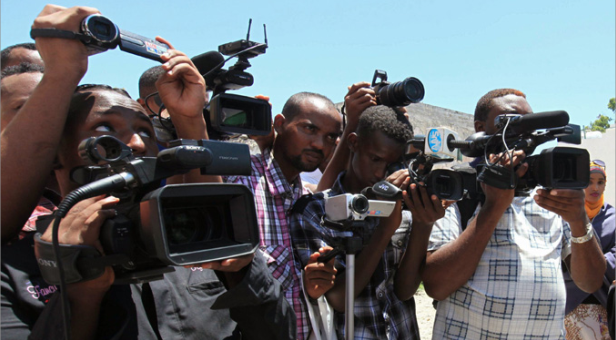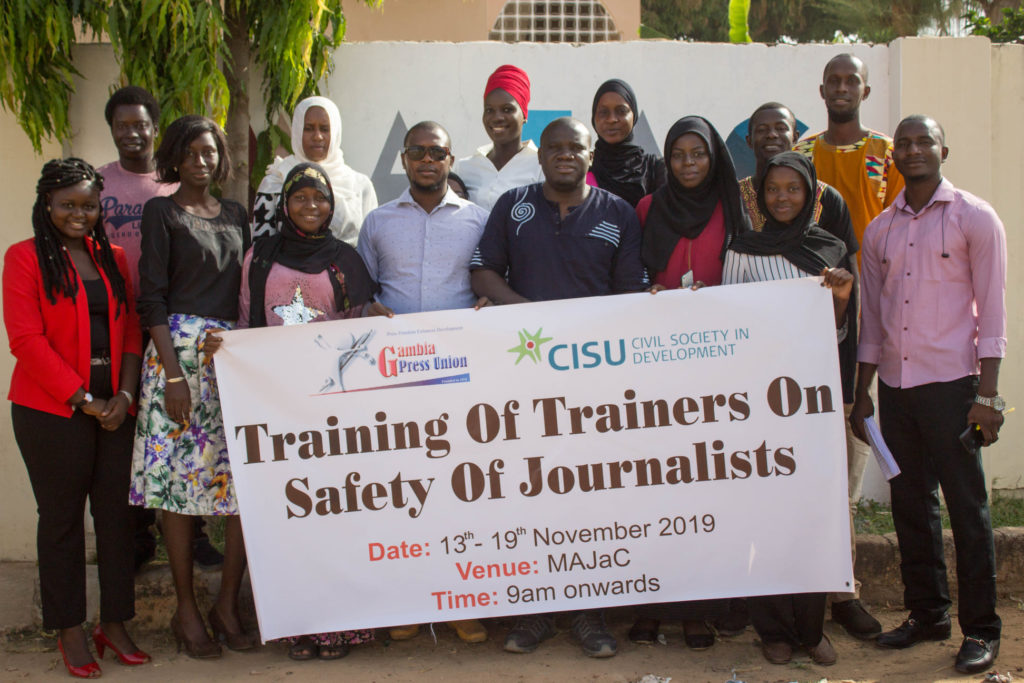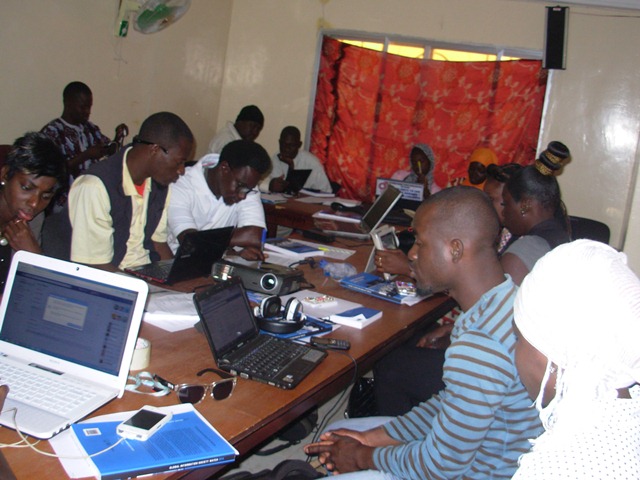
“Unite or perish”, so ran an inscription on a mythical marble once said to adorn the foot of Mount Olympus. Also on that marble was the image of a big snake suddenly dismembered from the middle by an angry goddess”.
“Unite or perish” said the goddess to the snake, challenging the snake whose two parts must unite and live or spilt apart and die forever.
“Workers of the world unite” has been the anthem by organized trade unions since time immemorial, calling on workers in every sector of the labour force to join trade unions of their choice and fight collectively for their fundamental human rights against the entrenched inhumane exploitation from governments and private employers.
Most governments particularly in Africa have continued to wage an intense battle against national trade unions. Their idea is to separate or discourage workers from joining trade unions so that violations of labour rights can be easily swept under the carpet.
Despite the clarion call for democracy, good governance and the rule of law in the continent, the majority of African governments have managed to keep the majority of the working class in perpetual poverty by trampling on their fundamental labour rights and paying starvation wages.
Most dishearteningly it is now common place to see African governments act in concert with multinationals or other “private investors” against their own citizens, surrendering all the essential labour rights of the citizens to so called ‘foreign investment’.
The Ageless Yoweri Museveni of Uganda had once very strongly admonished the Industrial Courts awards in favour of unions and called on union leaders to “Leave my investors alone”.
All across the workers’ colony everyone had suffered immense exploitation from the agricultural industry to the zoology department. Though the forms of exploitation might vary from one country to another, few issues that stand out almost everywhere are; gender discrimination in the workplace, sexual harassment of all sort, inequality, lack of contracts, payments below the minimum wage, lack of social security benefits and medical insurance and equal work for equal pay.
It is interesting to note that journalists and media personnel are among the most exploited group of workers in the continent. Journalists and media workers are the least paid group of workers in the continent and the most threatened.

The majority of journalists in the continent work without contracts surrendering their fate to the wimps and caprices of the media owners. Not only are journalists poorly paid, but they work in very precarious conditions putting their lives and that of their families in constant risk.
On the other hand freelance journalists carry the brunt of exploitation in the media industry. The majority of them work without contract, are very poorly paid and have no form of social benefits or medical insurance.
The majority of freelance journalists are not even entitled to transport allowances. Female freelance journalists are even pushed to the extreme edge and also consistently harassed as some editors and managers demand for sexual favours from them before giving to them what they righly deserve.
To remedy this situation and to save journalists and media workers out of the vicious cycle of poverty and uncertainty, journalists unions and associations across the continent must unite and face these critical challenges head on.
It is true to say the least that most journalists unions have been put aside by their governments with the exception of some few countries. In most instances African journalists unions despite their weak financial base are forced to fight a two – pronged battle in defending the rights and interest of their members.
A relentless battle against governments with regards to unfriendly media laws and policies that undermines democratic principles and the unending battle against exploitative media owners who pay below the minimum wage and deny journalists any form of incentives, despite the fact that they still make huge profits.
African governments must stop antagonizing the media and stand alongside the media most especially the independent media in the struggle for quality journalism.
COVID 19 had demonstrated that the media has an important role to play in any national crisis by creating awareness and disseminating timely and accurate information that save lives.
Journalists like doctors and nurses have been in the frontline to inform the citizenry and to counter misinformation with regards to their social responsibility functions.
African Governments must stand in solidarity with journalists unions in ensuring the implementation of collective bargaining agreements.
The signing of collective agreements by the unions on behalf of their members is a fundamental human right and not a privilege as most governments often want us to believe.
Today in most of our countries the tripartite agreements are no longer visible as governments have washed their hands off such agreement leaving the unions to struggle with sometime unscrupulous media owners who violate the rights of their workers.
This mute phenomenon from the side of governments has been partly responsible for the lack of implementation of collective agreements in countries like Burkina Faso, Mali, Cote d’Ivoire, Cameroon, Congo Brazzaville, Benin and Togo.
Similarly countries like The Gambia, Nigeria, Sierra Leone, Guinea Bissau and Guinea Conakry have found it very difficult to sign comprehensive collective agreements.

The African media landscape had dramatically changed with the advent of the internet and the rapid dominance of the digital media over the conventional media.
This had brought about the loss of jobs the world over and the closing of some media houses, simply because advertising had made a very radical shift from the conventional media to social media platforms. This radical shift has created huge financial losses to most media houses.
Today, the so called “tech giants” Google, Apple, Facebook, Amazon and Microsoft (GAFAM) together make over US$ 900 billion from advertising. An IFJ study reported that “In 2016, every dollar spent on online advertising 49% went to Google, 40% to Facebook and 11% to all the rest.
“Facebook made US$ 325 billion profit in 2017 and yet paid virtually no tax in any country. It is the world’s 6th largest company and its biggest news platform, despite the fact that it provides no news content yet spends not a single cent on creating original journalism”.
African Governments must therefore work with journalists trade unions and associations as well as media orgnaisations across the continent to put in place a taxation plan against GAFAM 75% of which should go to the development of the media in Africa, most especially to support public service media, independent media and the development of training facilities to build capacities and enhance quality journalism.
African governments must demonstrate their willingness to protect their citizens from the willful exploitation of their employers by first creating a conducive environment for national trade unions to flourish and function without any form of intimidation or repression and since charity begins at home, they must also lead by example by paying decent living wages and respecting workers’ rights and freedoms.
By virtue of the powers guaranteed to them by their constitutions all democratic governments must be able to restructure their economies for the benefit of their citizens.
Journalists, trade unions on the other hand must stand up and be seen “as advocates for economic and social justice”. They must fight relentlessly against wrongful dismissals of their members and to ensure that their members have a right to consultation and a right to be represented.
Workers rights must go beyond the fulfillment of the payment of monthly salaries to include the right to dignified working conditions, the right to adequate remuneration and equal pay for equal work irrespective of gender.
We must stand up and be counted for the interest of our profession and the comrades.
Aluta Continua. Solidarity Forever.
By Pa Louis Thomasi.










Recent Comments